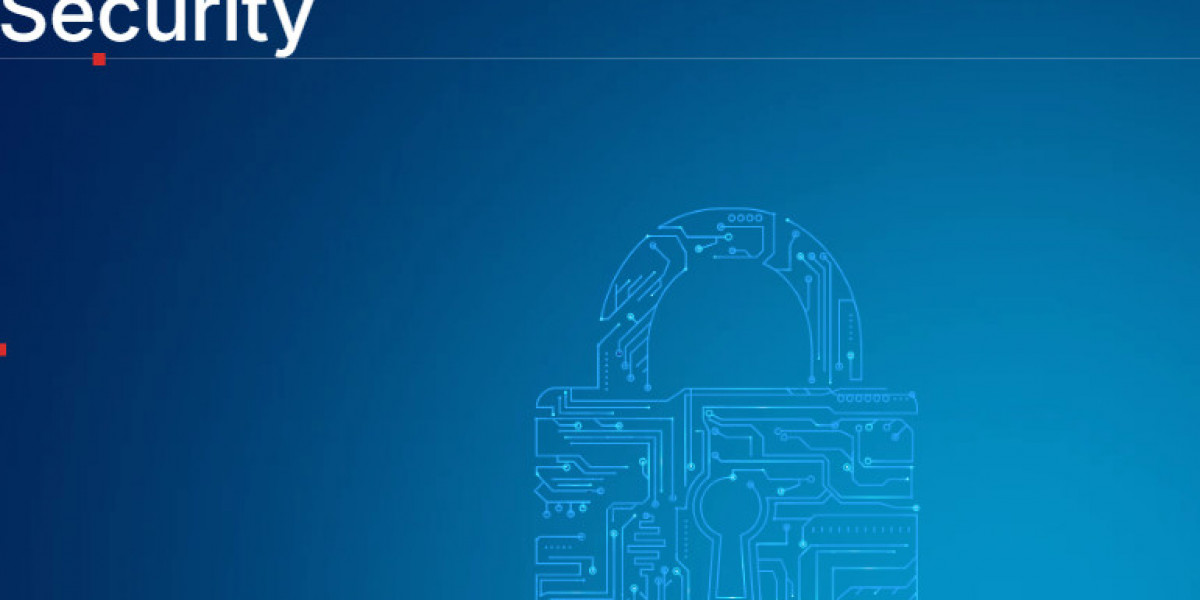Introduction
In today’s hyperconnected world, businesses are no longer defined only by the products they create or the markets they serve. They are defined by the strength of their digital foundation. With increasing reliance on cloud platforms, AI-driven tools, and distributed teams, protecting digital assets has become both a challenge and a necessity. Cybersecurity services are now a board-level priority, and CIOs must stay ahead of emerging risks while enabling innovation.
The future of cybersecurity is not just about protection; it is about enabling growth, building trust, and ensuring that technology transformation continues without disruption.
Why Cybersecurity Services Are Entering a New Era
The threat landscape has shifted. Cyber criminals are no longer lone actors; they are organized groups deploying advanced techniques. CIOs are tasked with balancing speed, agility, and cost-efficiency, while also securing data across multiple environments.
Cybersecurity services now include proactive defense strategies, real-time monitoring, and integrated solutions that align with business goals. For enterprises, it is not about adding more tools, but about implementing smarter, connected security frameworks that grow with the organization.
Key Trends Every CIO Should Watch
1. AI-Powered Security Operations
Cybersecurity services are increasingly leveraging AI and machine learning for faster threat detection.
Algorithms can analyze millions of events in real time to reduce false positives.
Predictive analytics will allow organizations to anticipate attacks before they happen.
2. Zero Trust Architecture
Traditional perimeter defenses are no longer sufficient for cloud-first businesses.
Zero Trust assumes no user or device is trustworthy by default.
Cybersecurity services are moving toward identity-first strategies, enforcing continuous authentication.
3. Cloud-Native Security
As enterprises accelerate cloud adoption, misconfigurations remain a leading vulnerability.
Cybersecurity services are embedding security into DevOps pipelines.
Cloud-native tools offer scalable, automated protection that adapts as workloads expand.
4. Quantum-Safe Encryption
Quantum computing is set to disrupt encryption standards.
CIOs must evaluate cybersecurity services that prepare for post-quantum threats.
Early adoption of quantum-safe algorithms will protect sensitive data for the long term.
5. Cybersecurity for Remote and Hybrid Workforces
Remote work has created multiple new access points for attackers.
Cybersecurity services are focusing on endpoint security and secure VPN alternatives.
Employee awareness and training are being built into service offerings.
6. Compliance and Regulatory Alignment
Data privacy regulations such as GDPR, HIPAA, and industry-specific standards continue to evolve.
Cybersecurity services are helping enterprises automate compliance reporting.
Proactive governance frameworks reduce the risk of penalties and reputational damage.
7. Managed Detection and Response (MDR)
Many enterprises lack internal resources to handle 24/7 monitoring.
MDR services provide continuous threat hunting and rapid incident response.
CIOs gain peace of mind knowing that external experts are managing security operations.
How CIOs Should Evaluate Cybersecurity Services
When evaluating solutions, CIOs should look beyond technology and consider the alignment of security services with business objectives. Key evaluation factors include:
Scalability: Services that grow alongside enterprise needs.
Integration: Seamless connection with existing IT infrastructure and applications.
Expertise: Access to specialized talent that may not exist internally.
Cost-effectiveness: Balancing investment with measurable risk reduction.
Future readiness: Services designed to handle emerging threats such as AI-powered attacks or quantum computing risks.
The Business Value of Cybersecurity Services
Strong cybersecurity services not only protect data but also enhance customer trust and operational resilience. They allow organizations to embrace new technologies with confidence. By reducing downtime and minimizing the impact of incidents, security services directly contribute to productivity and long-term growth.
Enterprises that treat cybersecurity as a core business enabler, rather than a defensive function, will be best positioned to innovate and lead in their markets.
Conclusion
Cybersecurity services are no longer optional. They are essential for enterprises seeking to navigate a complex digital landscape, protect their data, and build trust with customers and partners. By adopting future-ready services that align with emerging trends, CIOs can safeguard innovation and unlock business growth.
At Future Focus Infotech(FFI), we deliver forward-thinking digital solutions to fuel business transformation effectively. Our expertise enables organizations to drive change, fostering growth and efficiency in an ever-evolving digital landscape.
FAQs:
Q1: Why are cybersecurity services important for enterprises in 2025?
Cybersecurity services protect enterprises from evolving threats, safeguard customer trust, and enable business continuity during digital transformation.
Q2: What role does AI play in modern cybersecurity services?
AI helps detect threats faster, reduces false positives, and enables predictive analytics to prevent attacks before they occur.
Q3: How does Zero Trust impact cybersecurity strategies?
Zero Trust ensures that no user or device is trusted by default, enhancing security in cloud-first and hybrid work environments.
Q4: What should CIOs look for in cybersecurity services?
CIOs should consider scalability, integration, expertise, cost-effectiveness, and readiness for future threats like quantum computing.
Q5: How do cybersecurity services support compliance?
They automate reporting, ensure regulatory alignment, and help businesses avoid penalties while maintaining customer trust.








